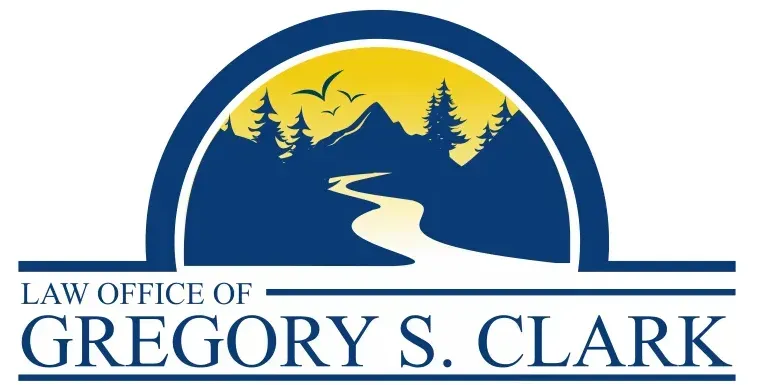PLANNING AHEAD and secure your legacy
Placerville Estate Planning Attorney – Wills, Trusts & Legacy Planning
Estate planning isn’t just for the wealthy—it’s for anyone who wants to make sure their loved ones are protected and their wishes are honored. At the Law Office of Gregory S. Clark, we help people across Placerville, South Lake Tahoe, and all of El Dorado County create wills, trusts, and other essential documents that bring peace of mind and protect what matters most.
We keep the process simple and stress-free, offering practical, tailored solutions that reflect your life, values, and goals.
Planning Today for Peace of Mind Tomorrow
A solid estate plan can help your family avoid costly court battles, protect your privacy, and make sure your assets go exactly where you want them to. We take the time to listen, explain your options, and recommend a plan that fits your situation—without unnecessary complexity or legal jargon.
Wills – Make Your Wishes Clear and Keeps the Court Out of It
A will is the foundation of an estate plan, letting you name beneficiaries, appoint an executor, and choose guardians for minor children. Without one, California’s intestate laws decide for you. We draft clear, legally valid wills that prevent disputes and keep your family out of unnecessary court battles.
Living Trusts – Control Your Assets and Avoid Probate
A revocable living trust helps you avoid probate, maintain privacy, and manage your property during incapacity. You stay in control during your lifetime, and when the time comes, your successor trustee carries out your wishes without court involvement.
Power of Attorney and Healthcare Directives—Planning for Life’s What-Ifs
These documents prepare you for life’s “what ifs.” A durable power of attorney authorizes someone you trust to handle legal and financial matters, while an advance health care directive outlines your medical wishes and names a decision-maker for you.
Why Avoid Probate? It’s About Time, Cost, and Privacy
Probate in California can take over a year to resolve. It involves court oversight, attorney fees, and public disclosure of your estate. A well-drafted trust can help your family bypass all that.
But even if you don’t need a trust, a will is still essential—especially if you have children or specific wishes for who should inherit what. We’ll help you understand your options, including other tools like beneficiary designations and joint ownership.
Estate Planning Isn’t One-and-Done—We Help You Keep It Current
Your estate plan should grow with your life. We help clients:
- Update plans after major life changes (marriage, divorce, kids, buying property)
- Review old documents from other states
- Adjust plans for new goals or laws
If you already have a will or trust, we’re happy to review it and recommend updates so it reflects your current situation and California law.

Start Your Estate Plan with a Conversation, Not a Sales Pitch
Planning your estate doesn’t have to be overwhelming. We make the process approachable, personal, and tailored to your life. Whether you're starting from scratch or updating an old plan, we’re here to help you feel confident about what comes next.
Contact us today to schedule your estate planning consultation.
What’s the difference between a will and a living trust?
A will only goes into effect after you pass, and often requires probate. A living trust is active during your life and after—allowing assets to pass directly to beneficiaries without court involvement. Many clients use both to cover different needs.
How often should I update my estate plan?
Every few years, or any time something big happens—marriage, divorce, birth of a child, major financial changes, or moving to a new state. We’ll make sure your plan keeps up.
Do I need an estate plan if I’m young or don’t have much?
Yes. If you have kids, a will is essential to name guardians. If you have preferences for medical care, a directive matters. It’s about control, not just money.
What happens if I die without a will?
California decides for you. Your assets go to relatives based on a legal formula, and the court chooses a guardian for your children. That might not match your wishes—and it can lead to conflict.
How can I avoid probate?
Use a living trust for major assets, designate beneficiaries on financial accounts, and explore options like joint tenancy. We’ll guide you through each step.
Can I just write my own will or use an online form?
You can—but mistakes are common. Improper witnessing, vague language, or missing legal details can lead to court challenges. A lawyer helps make sure your plan is legally sound and clearly reflects your intent.


